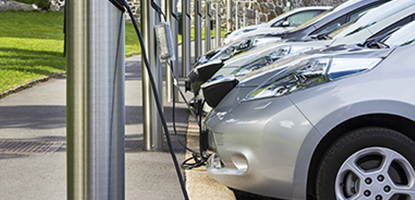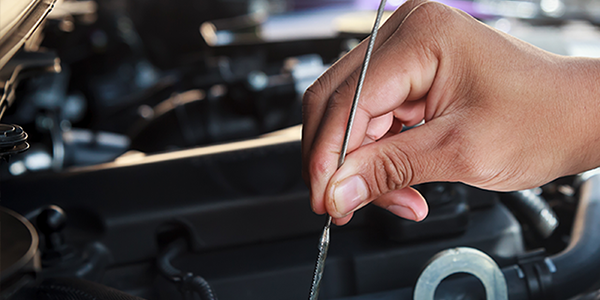January 2024
Clean Car Programme
The New Zealand Government’s aim is to reach zero emissions by 2050. Transport is responsible for 47% of CO2 in domestic emissions and their target cannot be reached without decarbonising transport.
The Clean Car Programme is one of the ways the Government plans to help to achieve this goal. It only applies to light vehicles (under 3500gvm) being registered for the first time in New Zealand and impacts new and fresh used imports.
Let's dive in and explain what it is, and how it will affect the motoring public when buying a new or imported vehicle.
Clean Car Standard
The Clean Car Standard (CCS) focuses on the supply of vehicles coming into NZ.
As of 1 January 2023, importers will earn credits for low CO2 emission vehicles and incur fees on high CO2 emission vehicles.
Clean Car Discount Update
December 2023 was a chaotic time, particularly with the announcement of the Clean Car Discount's conclusion on 31 December 2023.
The hurried discontinuation has presented challenges. Given the timing around the removal, some businesses have been caught out by the holiday period, and they continue to advertise CCD on their websites and potentially on other platforms or documents.
If you haven't done so already, it's crucial to promptly take down any information that is related to the Clean Car Discount.
Key points
- Clean Car Discount ended on 31 December 2023. No CCD fees or rebates apply to vehicles registered after this date
- Waka Kotahi New Zealand Transport Agency (NZTA) cannot pay any rebates after 31 January. There will be no exceptions
- Remove all information relating to the CCD from your digital platforms and printed documents
- New Vehicle Emissions and Energy Economy Labels (VEEEL) are available and are required to be displayed on the yard or online from 1 January 2024
- There is no change to the Clean Car Standard scheme.
Vehicle Emissions and Energy Economy Labels (VEEEL)
- From 1 January 2024, VEEEL will no longer display or make reference to Clean Car Discount scheme information
- From 1 January 2024, traders need to reprint labels and replace all labels currently displaying CCD information on vehicles offered for sale
- The updated label is in a neutral blue colour that is already associated with vehicles where no fee or rebate applies
- Data feeds, via API, will be updated to suppress anything related to the Clean Car Discount and will apply automatically from 1 January 2024 to new online vehicle sales listings
- For current listings, system providers will simply need to refresh data on 1 January 2024 for the updated data to appear (no changes to trader systems are required)
- To avoid any confusion for consumers, all vehicle labels and online listings should be updated as soon as possible from 1 January 2024
- EECA will take a fair and balanced approach in ensuring labelling requirements are met by traders
- There is no change to the existing legal obligations to display a label and provide online information for vehicle traders or distributors – just that the Clean Car Discount scheme information can no longer be displayed.
- The following information sheet provides details about the changes, and outlines what traders need to do to meet the new requirements from 1 January 2024 - please share this with your members as you see fit. The information also covers technical aspects of data display, and we would strongly encourage all traders to check with their web service or dealer management system providers, that they are displaying the required information on all online listings.
ECCA: Vehicle-Emissions-and-Energy-Economy-Labelling-from-1-January-2024.pdf
More information on the Clean Car Programme can be accessed on the Waka Kotahi website >>
To look up a specific vehicle’s emissions and fuel consumption ratings, visit here>>



